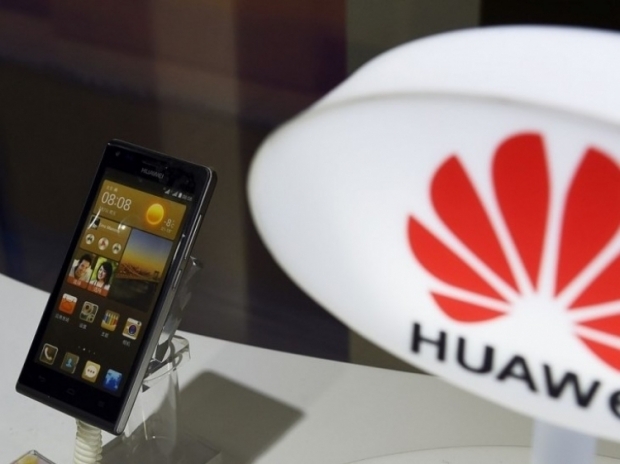Company’s founder Ren Zhengfei said that since 2019 his company had been the subject of rounds of US export controls designed to stop China’s semiconductor industry getting in the way of American tech dominance.
The controls cut off Huawei’s supply of chips from US companies, as well as its access to US tools to design its own chips and have them manufactured by partners. The US administration also last year banned the sale of new Huawei equipment in the US because it could.
This forced Huawei to sell off its Honor smartphone division, while its flagship smartphone business shrank dramatically
Ren, 78, said the production of circuit boards had “stabilised” and despite the US actions he was an advocate of Western technology at a young age and even now is not “anti-West”.
“But all of a sudden, we were sanctioned, and they could not provide us with the components and tools, my mind went blank,” he said.
Huawei would launch its own enterprise resource planning (ERP) system, MetaERP, next month using its own operating system, data system, compiler, and language.
Huawei spent $23.8 billion on research and development last year and “as our profitability improves, we’ll continue to increase R&D spending”, Ren said.
Microsoft would not be the only player in the generative AI market opened up by the wildly popular ChatGPT tool, but that field “is not something we will work on”.
Huawei is instead focused on providing the “underlying computing power platform” for AI, he said.




